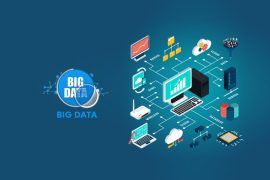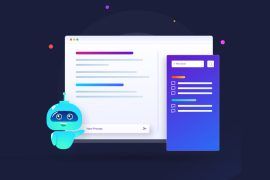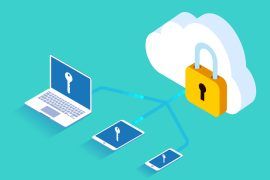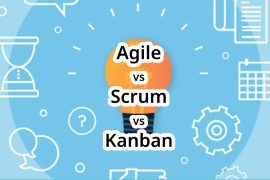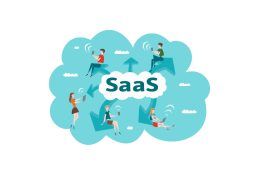Coding, also known as computer programming, is the process of creating instructions that a computer can follow. In today’s digital age, coding has become an essential skill for people of all ages and backgrounds. Whether you want to build a website, create a mobile app, or develop software, coding is the foundation of all these technological advancements.
However, for beginners, learning to code can seem like a daunting task. The good news is that with the right resources and approach, anyone can learn to code. This guide will take you through the steps to start coding as a beginner programmer.
Table of Contents
6 Steps to Start Coding as a Beginner
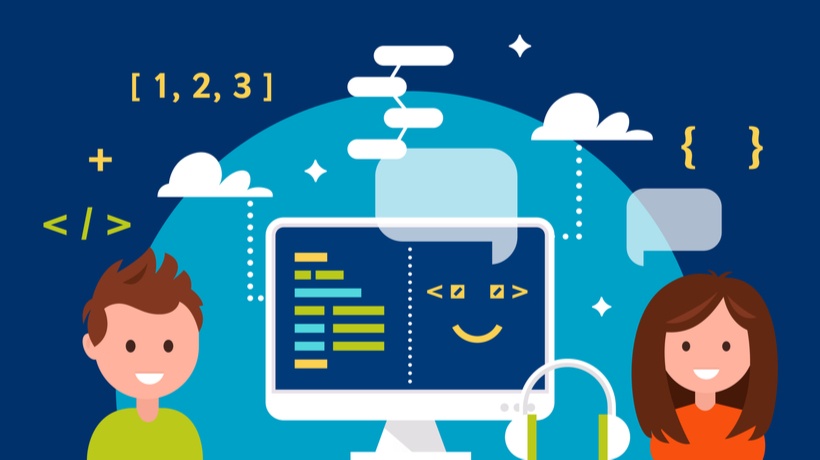
Step 1: Choose a Language
The first step in learning to code is to choose a programming language to start with. There are many programming languages available, each with its own unique syntax and uses. Some of the most popular programming languages include Python, Java, C++, JavaScript, and Ruby. When choosing a programming language, consider what you want to achieve with coding. If you want to build a website, JavaScript and HTML are excellent choices. On the other hand, if you’re interested in data analysis, Python is a good option.
It’s important to note that different programming languages require different levels of complexity and expertise. Therefore, it’s recommended that beginners start with a language that is easy to learn and has plenty of resources available.
Step 2: Find Resources
Once you have chosen a programming language, the next step is to find resources to learn how to code. There are many resources available online, including online courses, tutorials, and forums. One of the most popular websites for learning to code is Codecademy. Codecademy offers courses in many programming languages and is a great resource for beginners. Another popular resource is Udemy, which offers paid and free courses in various programming languages.
If you prefer to learn from books, many programming books are available, such as “Learn Python the Hard Way” by Zed A. Shaw and “JavaScript and JQuery” by Jon Duckett. These books are a great way to learn at your own pace and provide a comprehensive understanding of programming concepts.
Step 3: Start Practicing
Once you have found resources to learn to code, the next step is to start practicing. Coding requires a lot of practice; the more you practice, the better you will become. One of the best ways to practice coding is to work on small projects. For example, if you’re learning HTML, try building a simple website. If you’re learning Python, try building a simple calculator.
Another great way to practice coding is to participate in coding challenges and competitions. Websites such as HackerRank and CodeWars offer coding challenges that allow you to practice coding skills and compete with other coders.
Step 4: Join a Community
Joining a community of like-minded coders is a great way to learn and improve your skills. There are many online communities for coders, such as Reddit’s r/learnprogramming and Stack Overflow.
Online communities allow you to ask questions, share ideas, and get feedback on your projects. They also allow connecting with other coders and learning from their experiences.
Step 5: Build a Portfolio
Building a portfolio of your coding projects is essential to becoming a proficient coder. A portfolio is a collection of your coding projects that showcase your skills and expertise.
Building a portfolio demonstrates your coding skills and provides evidence of your work to potential employers. It’s important to include a variety of projects in your portfolio, such as websites, mobile apps, and software programs.
Step 6: Never Stop Learning
Coding is an ever-evolving field, and keeping up with the latest trends and technologies is essential. Therefore, it’s important to never stop learning. Attending coding conferences, taking online courses, and reading programming blogs and articles are great ways to stay up-to-date on the latest developments in the field. It’s also important to continue practicing and working on projects to hone your skills. Don’t be afraid to take on challenging projects or try out new programming languages and tools. Taking on challenging projects can help you push your limits and learn new skills. These projects could be anything from creating a game to building a chatbot or developing a mobile application. The key is to find something that interests you and challenges you to learn and grow.
Trying out new programming languages and tools is another way to improve your skills. As you gain experience, you will begin to develop preferences for certain programming languages or tools, but it’s always a good idea to keep exploring new ones. You never know what you might learn or discover. You can also participate in coding contests and challenges to test your skills and learn new techniques. These contests and challenges provide a great opportunity to work on real-world problems and projects and get feedback from other developers. Networking is also essential for advancing your coding career. Attend coding meetups, conferences, and events to meet other developers and learn from their experiences. You can also find coding communities online, such as Reddit or Stack Overflow, where you can ask questions, get help, and connect with other developers. Building a portfolio is also an essential step in advancing your coding career. It showcases your skills and expertise to potential employers and clients. Ensure your portfolio is current and includes a range of projects that demonstrate your capabilities.
In addition to building a portfolio, you can also contribute to open-source projects. Contributing to open-source projects provides an opportunity to collaborate with other developers and gain real-world experience. It’s also a great way to give back to the coding community.
Finally, it’s important to stay motivated and focused on your coding goals. The coding journey can be challenging, but it’s also rewarding. Set achievable goals, track your progress, and celebrate your achievements along the way. Coding is a valuable skill that can open up many career opportunities and allow you to create amazing projects. To start coding, choose a programming language that aligns with your goals, find resources to learn from, practice regularly, join a community, build a portfolio, and never stop learning. To advance your coding career, continue practicing and working on projects, take on challenging projects, try out new programming languages and tools, participate in coding contests and challenges, network, build a portfolio, contribute to open-source projects, and stay motivated. With dedication and hard work, anyone can become a proficient coder.
Conclusion
In conclusion, acquiring the skill of coding is an incredibly valuable asset that can unlock a plethora of career opportunities and enable you to create outstanding projects that can make a difference. While starting your coding journey may appear daunting for beginners, the steps outlined in this guide will provide you with the tools and resources you need to confidently begin your journey. It is crucial to select a programming language that aligns with your objectives and goals and then find reliable resources to learn from, whether it’s online tutorials, coding courses or reading programming blogs and articles. Practicing coding regularly and working on projects is essential for honing your skills, and taking on challenging projects and trying out new programming languages and tools will enable you to broaden your horizons and stay updated with the latest developments in the field.
Joining a community of fellow coders will provide you with support and encouragement along your journey, while building a portfolio of your projects will demonstrate your expertise to potential employers and clients. Continuously learning and developing your skills is key to advancing your career. Participating in coding contests and contributing to open-source projects are excellent ways to gain real-world experience and connect with other developers.
Finally, maintaining motivation and focus is essential to achieving your coding goals. Setting achievable objectives, monitoring progress, and celebrating achievements will keep you motivated and engaged in the coding journey. With dedication, hard work, and a willingness to learn, anyone can become a proficient coder and achieve success in this exciting and constantly evolving field.

